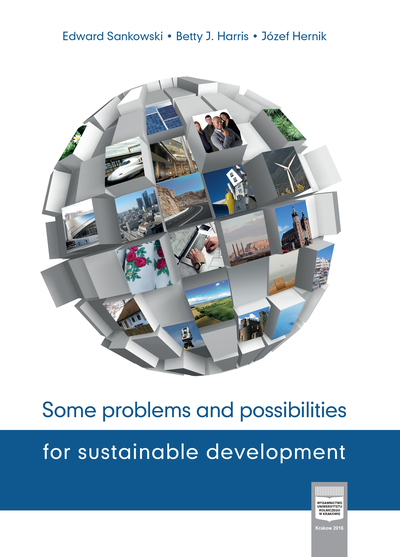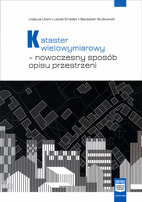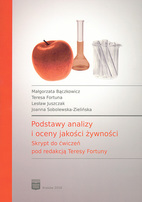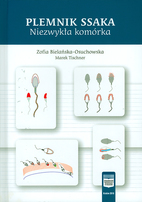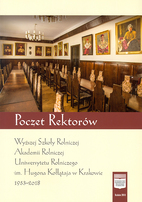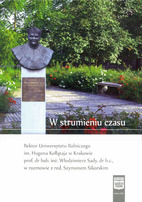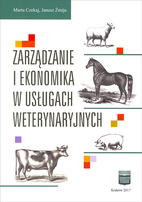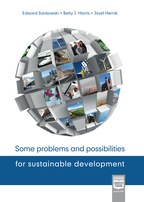wyd. 1, 2016, 214 s.
format B5, oprawa miękka
ISBN 978-83-64758-50-8
Especially since the UN-generated Brundtland Report (1987) the discourse of sustainable development, and accompanying societal processes, have been significant features of planning and management by many governments, corporations, universities, and other organizations. Sustainable development has continued to change since its origins, and presents a challenge to interpret, evaluate, and respond to with pragmatic decision-making, in ever-shifting contexts. Sustainable development has been articulated during a time when major changes have been occurring in the global political economy and in many cultures. Environmental problems and troubling new normative issues have come to the fore. Some problems and possibilities for sustainable development is an interdisciplinary inquiry that takes the post-1989 transformation in Central Europe (including Poland) as a revealing part of a truly global and multifocal transformation in which sustainability has a major role. The transformation, this book argues, increasingly necessitates worldwide education about fundamental features of societal development; notably, specifically sustainable development and its vicissitudes.
Prof. Edward Sankowski (USA) is a Professor of Philosophy at the University of Oklahoma. His main research interests are interdisciplinary political economy, development studies, higher education studies, organizational management, environmental issues, and philosophy of the social sciences.
Prof. Betty J. Harris (USA) is a Professor of Anthropology and Women’s and Gender Studies at the University of Oklahoma. Her research interests include the political economy of southern Africa, sustainable development and industrialization, and comparative studies of class, race, ethnicity, and gender.
Dr. hab. inż. Józef Hernik (Poland) is a researcher in the Department of Land Management and Landscape Architecture, Faculty of Environmental Engineering and Land Surveying, at the University of Agriculture in Krakow. His main interests are cultural landscapes, land use, and environmental development.


